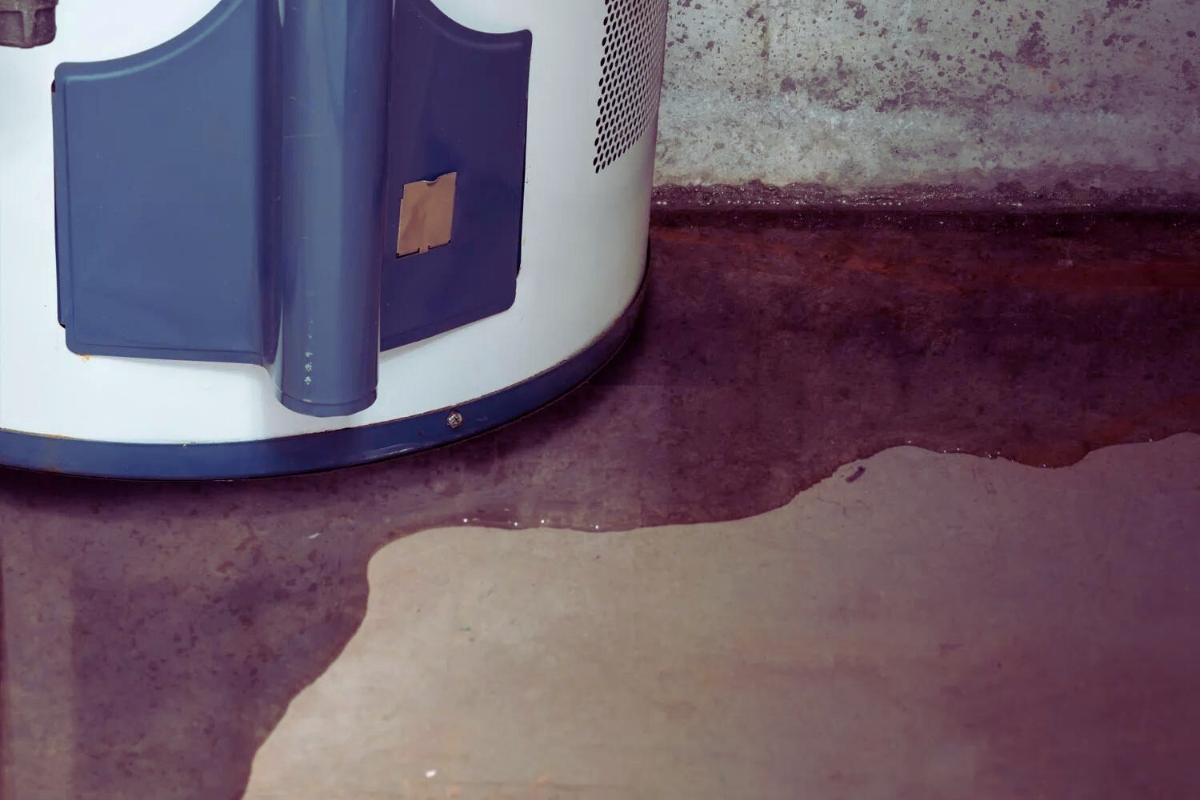What To Do If Water Heater Is Leaking
What to do if water heater is leaking. A leaky water heater can ruin your day-to-day plans and be a homeowner’s worst nightmare, as it may result in property damage. It is basic that you just take immediate action to avoid harm and protect the safety of your home in case you discover water collecting around your water radiator.
This thorough guide will assist you in determining whether to seek expert help or troubleshoot the issue yourself as you proceed through the actions to take if your water heater is leaking.
What to do if water heater is leaking water


Safety First
Prioritize security before you start looking into the water heater spill. Cut off the water heater’s control supply. Turn off the circuit breaker if the heater is electric, and turn the gas valve to the “off” position if it’s gas.
Identifying the Source of the Leak
To address the issue effectively, you would like to determine the source of the leak. Common regions include the pressure help valve, drain valve, gulf and outlet connections, and the tank itself. Inspect each component carefully to pinpoint the origin.
Pressure Relief Valve
One essential safety measure that keeps too much pressure from building up in the tank may be the pressure relief valve. If it’s overflowing, there could be an issue with the valve or high pressure. Examine the area around the valve for evidence of water or rust, and make sure it is operating properly by testing it. Should the valve be malfunctioning, it needs to be changed right away.
Drain Valve
The drain valve, which is used to flush out leftovers, is located at the bottom of the water radiator. Sediment accumulation or a broken valve could be the cause of a leaky drain valve. Try using a wrench to fix the valve. After emptying the tank, you should think about changing the valve if the leak continues.
Inlet and Outlet Connections
Inspect the water inlet and outlet connections for any signs of leakage. Tighten any free fittings with a wrench. If the connections are eroded, consider replacing them. Be cautious not to overtighten, as this might damage the threads.
Tank Leaks
If the tank itself is leaking, the circumstance is more serious and frequently requires professional mediation. A leaking tank ordinarily signals corrosion or rust, and repairing it may not be a practical choice. In such cases, it’s fitting to replace the water heater.
Draining the Tank


If repairs are conceivable, draining the tank may be a necessary step. Connect a hose to the drain valve and direct it to a suitable waste area. Open the valve and allow the tank to purge completely before proceeding with repairs.
DIY Repairs
Depending on the issue, you’ll be able to perform DIY repairs. This could include replacing a faulty valve, fixing a defective connection, or applying an appropriate sealant. Always follow manufacturer rules and, if unsure, seek counsel with a proficient plumber.
Professional Assistance
If you’re uncomfortable with DIY repairs or if the spill holds on, it’s time to look for professional help. A licensed plumber can survey the circumstances, give expert advice, and carry out necessary repairs or replacements.
Preventive Measures
Once the leak is addressed, consider executing preventive measures to avoid future problems. Standard maintenance, such as flushing the tank to expel sediment, checking valves, and reviewing connections, can extend the lifespan of your water heater.
Conclusion
A leaking water heater requires quick action to avoid further harm to your home. By following the steps outlined in this comprehensive guide, you’ll be able to identify the source of the leak, attempt DIY repairs if possible, and know when to look for proficient assistance. Regular upkeep and carefulness can help you avoid such issues in the future, ensuring your water heater capacities are efficiently and dependably for years to come.






